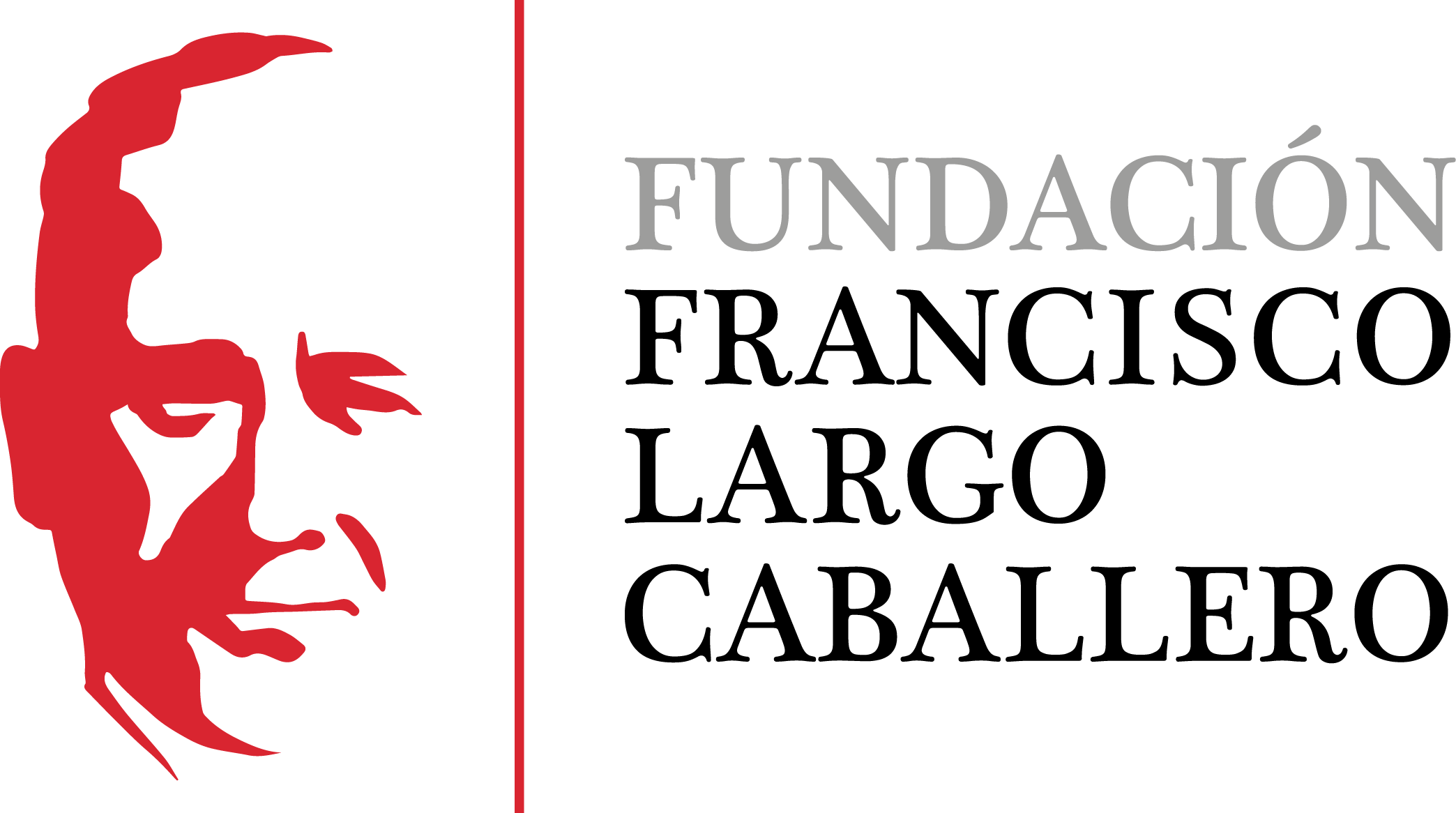Popular opinión and social attitudes in the Totalitarians and Fascists Regimes of the interwar Europe, 1919-1945. A historiographic Survey
DOI:
https://doi.org/10.69791/rahc.196Keywords:
Totalitarianism, Fascism, interwar europe, popular opinion, social attitudes, resistance, dissent, contention, collaborationism, social supports to Fascism, social supports to TotalitarianismAbstract
Along the last three decades, the always elusive and difficult issues related to the various ways in which the citizens resisted or came to the domination of the totalitarians and fascists dictatorships of Interwar Europe, have joined the interest in the different forms that took their views, attitudes and behavior with regard to the same dictatorships. Accordingly, the study of popular opinion of the population submitted to its domain is essential to understand better how, and especially with what degree of efficiency, these dictatorships succeeded rallying support of the majority of the population around their policy proposals, or under what pretexts they achieved the neutralization of the expressions of social dissent or unrest. In this article we will examine, therefore, the oscillations experienced by the historiography occupied on the analysis of the popular opinion and political attitudes of the society under totalitarians and fascists regimes of Interwar Europe over the past three decades. We will pay attention, also, to the swinging movement registered in their perceptions.
Downloads
Global Statistics ℹ️
|
107
Views
|
25
Downloads
|
|
132
Total
|
|
Downloads
Published
How to Cite
Issue
Section
License
Copyright (c) 2011 Francisco Cobo Romero

This work is licensed under a Creative Commons Attribution 4.0 International License.
Alcores is an open-access journal. It provides unrestricted access to its content from the moment of publication. We respect intellectual property rights, and for this reason, the author retains the copyright. All content is distributed under a Creative Commons Attribution 4.0 International (CC BY 4.0) license. The terms of the license can be consulted at: https://creativecommons.org/licenses/by/4.0/
This license allows sharing (copying and redistributing the material in any medium or format) and adapting (remixing, transforming, and building upon the material for any purpose), provided that authorship and first publication in this journal are properly credited, a link to the license is included, and any changes made are indicated.
This type of license facilitates the freedom of reuse and ensures that the content of this journal can be used to meet research needs.









